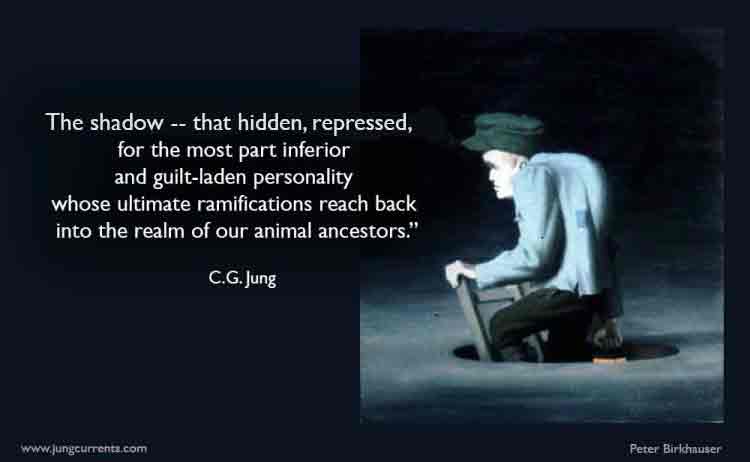Carl Jung: The Collective Shadow — Living at the edge of a volcano
Joseph Wright: Vesuvius in Eruption Jung: “The change of character brought about by the uprush of collective forces is amazing.” The change of character brought about by the uprush of collective forces is amazing. A gentle and reasonable being can be transformed into a maniac or a savage beast. One is always inclined…

